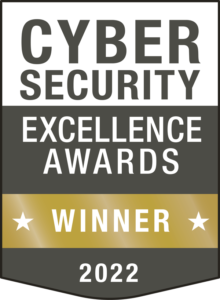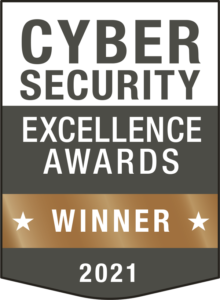Free VPN vs. paid VPN: A guide to choosing the right one for you

So you’ve finally decided to use a virtual private network (VPN) to increase your company’s security and privacy while connecting online. In your search for a VPN service, you came across plenty of paid options, typically ranging between $2 and $12 per month, depending on the provider and the length of subscription. But you also found dozens of providers offering free VPN services.
This begs the question, should you go with a paid VPN or will a free one be enough for your company’s needs? To help you decide, we’ve listed down the various ways free VPNs differ from paid ones.
Security
The security that a VPN offers relies heavily on the type and level of encryption it uses. Most, if not all, free VPNs use Point-to-Point Tunneling Protocol (PPTP) to encrypt your data — an obsolete protocol that hasn’t been considered secure since 1998. They also opt for the less secure 128-bit encryption since it is cheaper to implement.
On the other hand, paid VPNs offer more impenetrable encryption options such as OpenVPN, which is an open-source protocol that uses Secure Sockets Layer (SSL) — the same type of encryption used to secure https websites. They usually combine OpenVPN with 256-bit encryption keys, making the connection virtually impossible for anyone to intercept and decrypt.
Online privacy and anonymity
All VPN services are businesses, which means their goal is to make money. Clearly, paid VPN providers earn from subscription fees, but what about the free ones? Unfortunately, most free VPNs sell your data and online habits, consequently compromising your online privacy and anonymity. That’s why you usually see a lot of annoying advertisements when using free VPNs.
There are some free VPN providers that won’t sell your information but will use it for their own gain, like Facebook’s Onavo Protect. The consumer data collected by this free VPN service is used to “improve Facebook products and services, gain insights into the products and services people value, and build better experiences.”
In contrast, paid VPNs won’t ever track your online activities or sell your information to third parties. Many of the top ones even have a strict no-logging policy, which allows you to have complete anonymity — it’s like you don’t exist on the internet at all.
Server selection
If you’re implementing VPN so you can bypass geo-restrictions when you travel (e.g., China blocks access to Google, Yahoo, Telegram, and many other sites and apps), then you have to check the service’s number of global server locations. Given the costs involved in running servers, most free VPN services have a limited number, with some only having US-based servers. This means you’ll only be able to access websites and services made available to those server locations.
On the other hand, paid VPN providers have a good selection of server locations around the globe since they are usually better funded and want to maintain their competitive advantage. PureVPN, for example, has servers in 131 countries and 160 cities, allowing you practically worldwide access to anything that’s geo-blocked.
Speed/Performance
Most free VPN services run on fewer servers and older hardware due to limited capital investment, so you’re likely to experience performance and connectivity issues. And since the service is free, more people are bound to use it, further slowing it down. This may make even regular browsing activities difficult, let alone file downloads or video calls.
But you won’t run into the same problems with paid VPN services because their providers invest heavily on servers and internet capacity to meet current demand. And since only subscribers can access these services, administrators can design their systems for a known number of users and use load-balancing algorithms to ensure superb user experience. It’s no surprise that the fastest VPNs are the paid ones.
Support
Should you run into issues while using a VPN, you can’t expect customer support from free VPNs as opposed to the paid ones. The top-tier VPNs offer 24/7 support via live chat and email. Some even have one-on-one phone support.
Should you invest in a VPN?
While a free VPN service may sound enticing, using one can actually go against the very reason for implementing a VPN in the first place. As a general rule, when it comes to cybersecurity, investing in paid, robust solutions will give you better protection that will shield you from falling victim to costly cyberattacks.
While paid VPNs secure your email communications wherever you are in the world, these don’t stop phishing emails from getting into your inbox. Protect your business further by using the industry’s leading phishing defense solutions, TrustGraph® and EmployeeShield® from Graphus. Try them out for FREE for 14 days!
Stay safe from even the most sophisticated cyberattacks and social engineering scams










